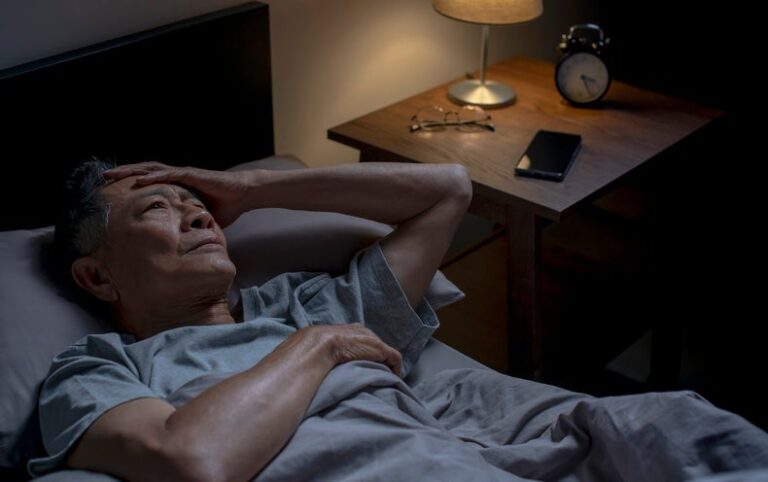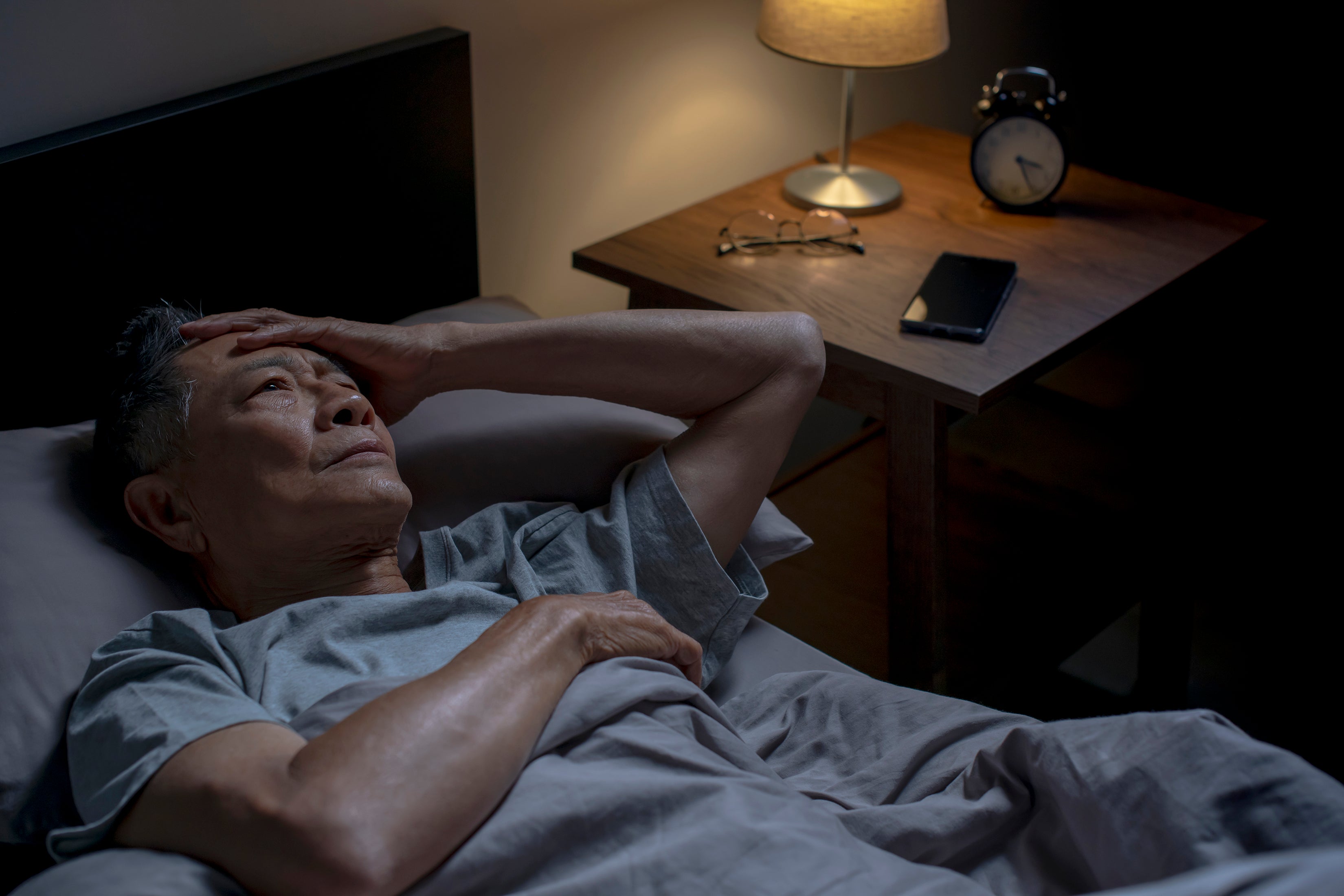
[ad_1]

We’ve all been there: lying in bed wide awake and desperately wondering how to get to dreamland. In fact, scientists say it’s pretty normal to have a little trouble falling asleep or staying asleep from time to time.
“There’s this expectation that we should just go to sleep and stay sleeping for seven to eight hours,” says Roxanne Prichard, a neuroscientist at the University of St. Thomas, Minnesota. “That’s just not biologically supported with how humans sleep.”
While having trouble drifting off to sleep isn’t unusual, it still can be frustrating. Fortunately sleep experts are gaining an increasingly strong understanding of what’s happening in the brain during the process—and they say you can use that knowledge to increase your chances of catching some z’s, even when sleep feels elusive.
“It’s very uncommon for people to be able to just transition from being awake and active to falling asleep right away,” says Kim Hutchison, a sleep medicine specialist at Oregon Health & Science University.
Falling asleep is a big shift for your brain. When conditions are good, hitting the sack allows your brain activity to slow down and become more orderly, and your brain waves synchronize, Prichard says. This switch is governed in part by environmental cues, such as light or temperature. A hot summer night or a bright streetlamp seeping through the window can interfere. The process of nodding off can also be affected by your emotions.
“You need to feel both physically and psychologically safe to sleep,” Prichard says. “If there’s something that you are really worried about, if you are sleeping next to someone you don’t trust, if you’re worried that the newborn that you’re caring for might stop breathing, it’s going to be hard to fall asleep.”
That’s why anxiety and stress are key culprits when people are unable to fall and stay asleep—and why relaxation is a crucial tool for easing into slumber. Hutchison and Prichard both say that the key, whether you’re struggling to sleep just as you’re heading to bed or after waking up in the middle of the night, is to limit the amount of time you spend lying awake fretting about not being asleep.
“If you’re unable to fall asleep in what seems like or feels like 20 minutes or so, or you feel your body getting more amped up because you’re getting anxious that you’re not falling asleep, then I would recommend getting out of bed and sitting somewhere quietly with dim light and just relaxing, doing something boring,” Hutchison says.
You could use the time to read, listen to calming music, drink some chamomile tea or do breathing exercises—anything that slows and comforts your body and mind, Hutchison and Prichard say. Avoid snacking, exercise and screens.
It’s also important to resist the urge to fixate on worries, concerns or challenges, both experts say, especially in the middle of the night. Not only will those thoughts keep you awake, you also probably won’t make much progress on what’s keeping you up because your prefrontal cortex, a part of the brain that excels at planning and analysis, doesn’t get as much blood at night.
An emerging hypothesis suggests the brain isn’t well suited for cognitive processing in the wee hours, Prichard says. “The mind, after midnight…, is less equipped to problem-solve and more prone to find problems,” she explains. “It’s really easy to wake up in the middle of the night and freak yourself out about something that you could probably problem-solve more effectively later.”
Sleep aids and supplements, such as melatonin, are commonly used to fall asleep, but Prichard likes to advise people to use relaxation practices instead. “I want people to learn sleep skills, not pills,” she says.
If basic relaxation strategies fail to calm your brain, both Prichard and Hutchison recommend cognitive-behavioral therapy for insomnia.
Even if your night’s rest is incomplete, avoid the urge to make up for it by sleeping in or napping the next day, Hutchison says, because that can backfire. To fall asleep more quickly the next night and get back on track, it’s important for your brain to crave sleep. “If you nap during the day, especially longer naps, then your brain gets little snippets of sleep and will be less likely to fall asleep quickly at bedtime,” she says.
Although Hutchinson and Prichard emphasize that occasional sleep struggles are normal, they recommend seeing a doctor if the situation continues or if it interferes with your ability to function during the day—which could indicate something physiological is at play. “In general, if you’re having problems falling asleep for three nights or more per week, then we would consider that problematic, but it also needs to interfere with your daytime functioning,” Hutchison says.
For most sleep seekers, if something is keeping you up at night, it’s no help trying to force yourself to sleep. The best trick may be to simply preoccupy your mind until slumber comes naturally.
[ad_2]